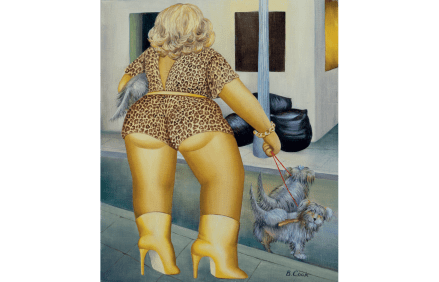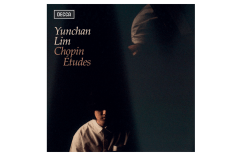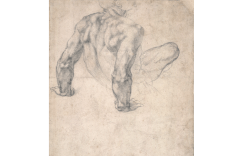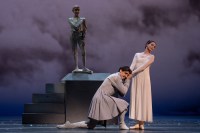The woman who revolutionised British fashion: Barbara Hulanicki interviewed
‘I was one of your original customers in Kensington Church Street,’ I tell the founder of Biba when we meet. ‘Are you coming to complain?’ she shoots back. At 87 and fresh off a flight from Miami, Barbara Hulanicki is as sharp as a tack. The designer was in London for the opening of The Biba Story, the Fashion and Textile Museum’s celebration of the revolution she accomplished in 1960s street fashion. Believe me, it was a revolution – I was there and yes, I remember. In fact I can summon a mental inventory of all the items of clothing I bought from Biba over its short life, from the





















